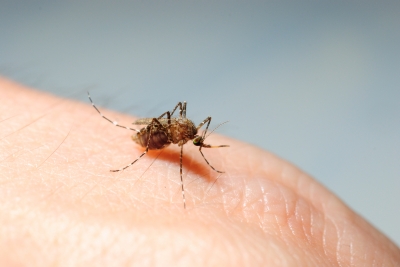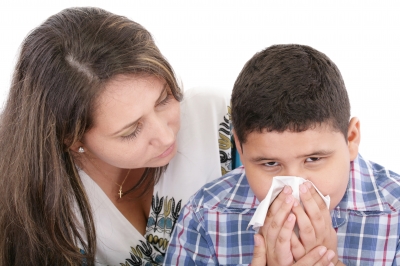Are you okay? Three words that can mean the difference between a bad day and a horrible spiral of sadness, creeping under your skin and settling there. Think about the last time you were unhappy, your body language, the downward curve of your mouth and heaviness of your step, would it have been easier if somebody took a minute to ask if you were alright? We often find the concerned curiosity of friends, family and complete strangers confronting, routinely dodging the question and offering a tight smile of leave-me-alone-now. So how does one ask if someone is okay without shoving them three feet in the other direction?

non-aggressive way and offering an olive branch
of support, they will know they are not alone.
Observe
Though feeling sad sucks, there is a difference between depression and a short term lull; if you know the person well, take notice of how they articulate themselves – Has anything changed? Do they sound energetic? Paranoid? Tired? Bored? Do they offer a full sentence here and there or just a snatch of a mono-syllable, non-committal and withdrawn? How about the small physical stuff, have they stopped caring about their hair? Are their clothes always musky and crumpled? Do they shower often or at all? When was the last time they left the house? Small things, isolated by time and perspective, don’t seem to add up to much, but all together? There’s something going on.
Engage
Reach out. This may be really difficult, especially if you’ve noticed your friend or loved one acting aggressively or confrontationally lately, but you lose nothing by trying. Be prepared for a tongue lashing or a subject manoeuvre; don’t let them distract you from your purpose. Keep calm and resist the urge to retaliate, as their anger or bitterness is an effort to make you react in a certain way and feed their justifications – You will end up feeling awful. They are vulnerable, no matter how tough and steely they seem, remember they aren’t, it’s a façade engineered to convince you everything is fine. Instead of launching right into it and saying, hey, I think you have depression, what gives, use a leading question to propel them toward admission. Try something like, I’ve noticed you’ve been really withdrawn lately, what do you think is going on? Is there anything I can do to help? By acknowledging their behaviour in a non-aggressive way and offering an olive branch of support, they will know they are not alone. Even if they don’t open up straight away, they will remember your kindness.
Ask For Help
You can’t do this on your own; carrying the happiness of another person on your back is a heavy load without the support of qualified professionals, whether they be doctors, consultants or counselors at a Non 12 Step Rehab . Not only will a short consultation smooth your concerns, it may give your friend a way forward and let them know it’s okay to open up; they will appreciate your presence in the end, as true friends stick together, even when things go pear-shaped.
Image Credit:
Sira Anamwong – FreeDigitalPhotos.Net



